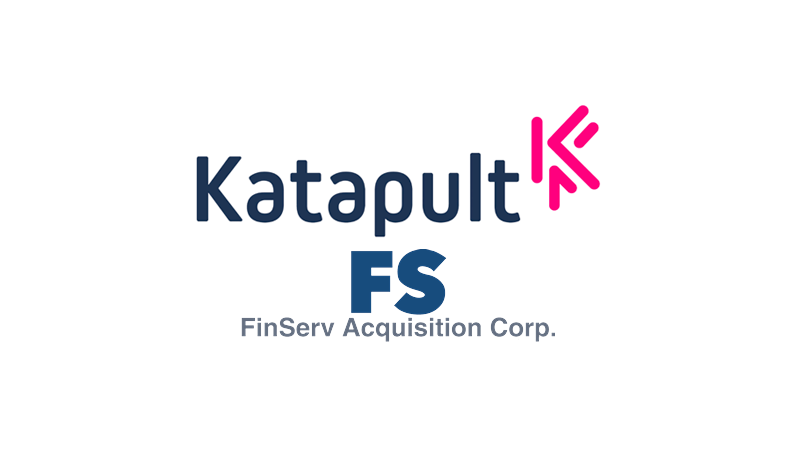Can’t get into specifics, but know we tried - and will continue to try w/ the new administration - to resolve this in a way so the XRP community can continue innovating, consumers are protected and orderly markets are preserved. 2/10
I’m not going to litigate the SEC’s unproven allegations on Twitter, and as you can imagine, there are new considerations to what can / should be said publicly after the litigation process starts. However, I would like to address 5 key questions I’ve seen. 1/10
Can’t get into specifics, but know we tried - and will continue to try w/ the new administration - to resolve this in a way so the XRP community can continue innovating, consumers are protected and orderly markets are preserved. 2/10
XRP is one of the most liquid (top 3-5) digital assets globally, and 95% is traded outside the US. Ripple has no control over where XRP is listed, who owns it, etc. It’s open-source and decentralized. 3/10
The legal process can be slow! Things may seem quiet, but there is plenty happening behind the scenes. We’ll be filing our initial response within weeks. Legal eagle @s_alderoty shares more 6/10 https://t.co/PIAsgohcG5
To all asking for updates on the SEC lawsuit: no surprise, the legal process takes time! We may be quiet but we are not idle. Our full legal team will announce themselves shortly and we\u2019ll be filing our initial response to the SEC\u2019s unproven allegations within weeks.
— Stuart Alderoty (@s_alderoty) January 7, 2021
Yes, we have real shareholders. That is how you own Ripple equity - buying our stock, not buying XRP. We’re disappointed that Tetragon (who owns 1.5% of Ripple) is seeking to unfairly advantage itself through the SEC’s allegations. 7/10
We have provided some customers, especially first movers, w/ incentives to use ODL - this is building a payments network 101 (and totally lawful). Every payments network (PayPal, Visa, MC, etc) has or still uses incentives. 8/10
More from Business
SAB has formed part of the fabric of SA for the last 125 years & we've stood behind the nation through its triumphs & challenges. After much consideration,SAB has decided to approach the Courts to challenge the Constitutionality of the decision taken to re-ban the sale of alcohol pic.twitter.com/40rWpJSW5b
— SABreweries (@SABreweries) January 6, 2021
SA is built on the exploitation of labour. That labour has functioned on alcohol unfortunately. Very few people consume liquor purely for enjoyment unfortunately. When SAB opened its doors 1895 workers were paid in alcohol- the dop/tot system. 2 years into SAB's establishment
The Prohibition Act is introduced. This means black people are barred from buying your wines, beer etc. So SAB's products are exclusively for white people. But during this period beer brewing by Black women is the norm. Ayinxilisi ncam ke this type of beer. Apparently it had some
Nutritious elements to it. Now some of the context around drinking culture during this time is migrant labour to the mines, further land dispossession, the Anglo-Boer Wars, Rhodes corruption (our first state capture commission if you will) which leads to his resignation.
This context plays a role in how our cities and small towns are constructed, how they lead to the confinement and surveillance yabantu. Traditional beer brewing is identified as a threat because buy now mining bosses have identified that there's money to be made here.
💸 Katapult provides leasing solution for e-commerce websites
🔥 It enables non-prime customers to lease durable goods online
🚩ALL founders left and $CURO owns 50% of Katapult
⁉️ What is hidden behind the $FSRV SPAC ⁉️
Here is an EASY thread 👇

Katapult was founded in 2012 and was initially called Zibby and operated by Cognical
💸 By 2015, it had raised $ 10m in equity and debt from VC funds such as Tribeca Venture Partners and Blumberg
Cognical was founded by 👇
Brandon Wright - a Cornell MBA who later founded @payfully
Ashutosh Saxena - a PhD in AI from Stanford (awards: https://t.co/YfViWWXqru)
Chinedu Eleanya - a serial entrepreneur who later founded @GetMulberry which sells extended warranty to shoppers
Zibby was a “Lease-To-Own” service designed for durable goods & products (furniture, appliances, electronics)
1️⃣ When customers purchase an item online, Zibby retains the rights to this item
2️⃣ Zibby rents the item to the customer
3️⃣ The customer can decide to purchase the full ownership rights of the item at any time
This model proved successful and Zibby was incubated by Cornell
You May Also Like
#ArudraDarisanam
Unique Natarajar made of emerlad is abt 6 feet tall.
It is always covered with sandal paste.Only on Thriuvadhirai Star in month Margazhi-Nataraja can be worshipped without sandal paste.

After removing the sandal paste,day long rituals & various abhishekam will be https://t.co/e1Ye8DrNWb day Maragatha Nataraja sannandhi will be closed after anointing the murthi with fresh sandal paste.Maragatha Natarajar is covered with sandal paste throughout the year

as Emerald has scientific property of its molecules getting disturbed when exposed to light/water/sound.This is an ancient Shiva temple considered to be 3000 years old -believed to be where Bhagwan Shiva gave Veda gyaana to Parvati Devi.This temple has some stunning sculptures.

Like company moats, your personal moat should be a competitive advantage that is not only durable—it should also compound over time.
Characteristics of a personal moat below:
I'm increasingly interested in the idea of "personal moats" in the context of careers.
— Erik Torenberg (@eriktorenberg) November 22, 2018
Moats should be:
- Hard to learn and hard to do (but perhaps easier for you)
- Skills that are rare and valuable
- Legible
- Compounding over time
- Unique to your own talents & interests https://t.co/bB3k1YcH5b
2/ Like a company moat, you want to build career capital while you sleep.
As Andrew Chen noted:
People talk about \u201cpassive income\u201d a lot but not about \u201cpassive social capital\u201d or \u201cpassive networking\u201d or \u201cpassive knowledge gaining\u201d but that\u2019s what you can architect if you have a thing and it grows over time without intensive constant effort to sustain it
— Andrew Chen (@andrewchen) November 22, 2018
3/ You don’t want to build a competitive advantage that is fleeting or that will get commoditized
Things that might get commoditized over time (some longer than
Things that look like moats but likely aren\u2019t or may fade:
— Erik Torenberg (@eriktorenberg) November 22, 2018
- Proprietary networks
- Being something other than one of the best at any tournament style-game
- Many "awards"
- Twitter followers or general reach without "respect"
- Anything that depends on information asymmetry https://t.co/abjxesVIh9
4/ Before the arrival of recorded music, what used to be scarce was the actual music itself — required an in-person artist.
After recorded music, the music itself became abundant and what became scarce was curation, distribution, and self space.
5/ Similarly, in careers, what used to be (more) scarce were things like ideas, money, and exclusive relationships.
In the internet economy, what has become scarce are things like specific knowledge, rare & valuable skills, and great reputations.















